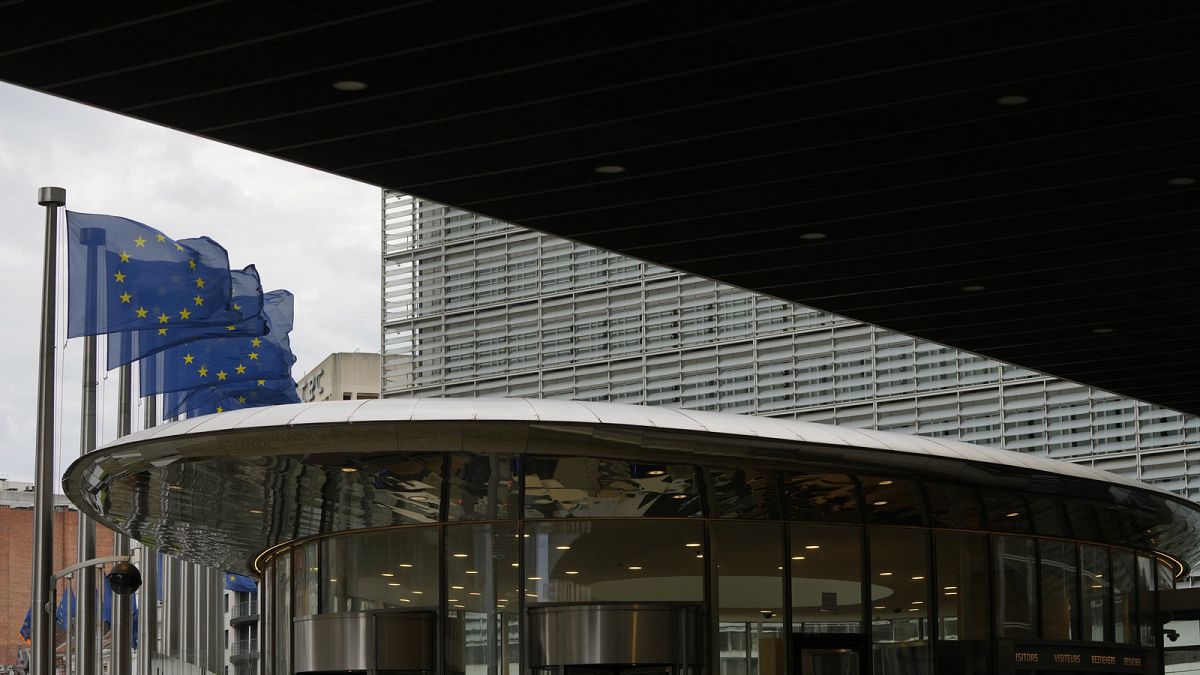Central and Eastern Europeans increasingly under-represented in EU top jobs
Central and Eastern Europeans are increasingly excluded from EU leadership positions while Western Europeans are entrenching their dominance in the bloc’s institutions, new research shows. Not a single citizen from Central or Eastern Europe was appointed to a EU leadership position in 2023, while 73% of new appointments were Western Europeans, an annual analysis conducted […]


Central and Eastern Europeans are increasingly excluded from EU leadership positions while Western Europeans are entrenching their dominance in the bloc’s institutions, new research shows.
Not a single citizen from Central or Eastern Europe was appointed to a EU leadership position in 2023, while 73% of new appointments were Western Europeans, an annual analysis conducted by European Democracy Consulting shows.
Taking into account the regions’ population sizes, Western Europe earned more than 1.5 times their fair share of posts in 2023, while Central and Eastern Europe secured just over a quarter of their expected allocation.
The study looked at appointments to executive leadership positions of the EU’s institutions, advisory bodies, agencies and other bodies, and builds on an observatory of some 500 EU office-holders over the past seven decades.
Just two months before Europeans head to the polls, triggering a reshuffle in EU top jobs, the research highlights a deepening East-West divide in the EU institutions, meaning citizens are unfairly represented in high-level posts.
The authors of the study call on the institutions to establish clear “goals and targets” to restore geographical balance in the EU’s top posts.
It also warns the bloc against disregarding the report, in order to avoid “Eurosceptic movements” from capitalising on the findings.
Two months before the election, polls project a sharp increase in votes for Eurosceptic, populist parties which are galvanising support amongst the electorate by attacking the Brussels institutions, seen in many corners of the continent as a symbol of technocracy and elitism.
‘Dramatic worsening’ of representation
The EU institutions – mostly concentrated in Brussels and Luxembourg, with agencies and bodies also dotted across member states – have no nationality quota, but work on the basis of ‘guiding rates’ to ensure geographical balance in appointments.
But since the 2004 enlargement wave, which saw ten new countries from central and eastern Europe formally join the bloc, the institutions have failed to ensure a fair geographical balance in their ranks.
The institutions have also struggled to attract applicants from northern and Scandinavian countries, among the bloc’s richest countries, with the proportion of Swedes and Finns in EU posts declining.
European Democracy Consulting’s findings suggest that the situation has worsened in the past three years. Since 2021, when looking at the data in relation to the number of member states in each region, Western Europeans were appointed to over 51% of posts, a 14 percentage point increase compared to the previous three-year period.
In high-ranking political appointments, Western Europe also continues to dominate, with all 14 previous European Commission Presidents coming from a Western nation.
Following June’s election, negotiations will get underway to appoint the Presidents of the main EU institutions – the Commission, the Parliament and the Council – and to allocate policy portfolios to each of the Commissioners representing each member state.
There is increasing pressure on the bloc to ensure the most strategic of those portfolios – including foreign policy, defence and economic policy – are fairly distributed to ensure Eastern and Central Europe are given a defining stake in EU decision-making.














